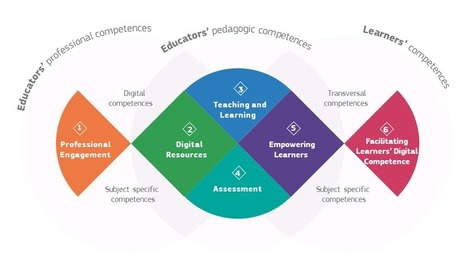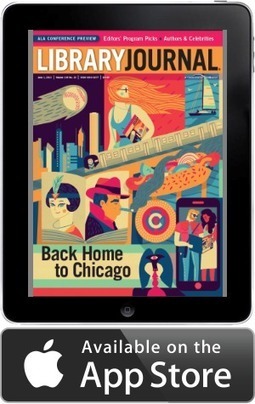Digital Competence Framework for Educators (DigCompEdu)
The teaching professions face rapidly changing demands, which require a new, broader and more sophisticated set of competences than before. The ubiquity of digital devices and applications, in particular, requires educators to develop their digital competence.
The European Framework for the Digital Competence of Educators (DigCompEdu) is a scientifically sound framework describing what it means for educators to be digitally competent. It provides a general reference frame to support the development of educator-specific digital competences in Europe. DigCompEdu is directed towards educators at all levels of education, from early childhood to higher and adult education, including general and vocational education and training, special needs education, and non-formal learning contexts.



 Your new post is loading...
Your new post is loading...









